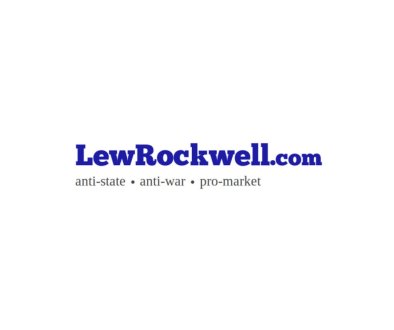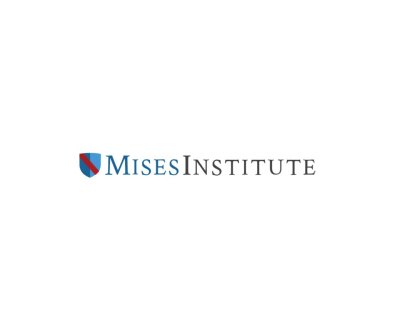Discovery of Medical Study Participants’ Names in Trade Libel Lawsuit Against Scientists/Expert Witnesses
From Pecos River Talc LLC v. Emory, decided Tuesday by Magistrate Judge Robert Krask (E.D. Va.):
Pecos River Talc LLC … sued defendants, Drs. Theresa Emory, John Maddox, and Richard Kradin, alleging that certain statements they made in an article published in a scientific journal about cosmetic talc, asbestos, and malignant mesothelioma were false. The Court granted in part and denied in part defendants’ motion to dismiss [see here -EV], allowing the case to proceed on the trade libel claim (count one).
Pending before the Court is Pecos River’s motion to compel the identities of the article’s subjects…. [T]he Court … [concludes that] the names of the subjects in the article are within the scope of discovery….
Pecos River was formed as part of Johnson & Johnson’s effort to resolve talc-related claims through bankruptcy. Defendants … serve as plaintiff-side expert witnesses in litigation between individuals with mesothelioma and manufacturers of cosmetic talc. In March 2020, defendants published an article titled “Malignant mesothelioma following repeated exposures to cosmetic talc: A case series of 75 patients” in the American Journal of Industrial Medicine (the “article”). The article stated that it “present[s] 75 … subjects, with malignant mesothelioma, whose only known exposure to asbestos was cosmetic talc[,]” who were “additional” to the 33 subjects reported in an earlier study by Dr. Jacqueline Moline ….
Defendants identified and selected the 75 subjects “from medical-legal consultation practice.” To determine asbestos exposures, defendants relied on records obtained when they served as expert witnesses for asbestos plaintiffs—many times in cases against Pecos River—and examined “sworn deposition testimonies and answers to sworn interrogatories provided from subjects, parents, and spouses.” Tissue samples were tested for the presence of asbestiform fibers in nine subjects.
The article does not include the subjects’ names but refers to them by an assigned case number and presents information about each subject in two tables. The first provides for each subject: their sex, the year they were diagnosed with mesothelioma, their age at diagnosis, the mesothelioma site, histology, the estimated number of years they used talcum powder, and the estimated number of years of the latency period. The second details the results of the tissue examination for nine subjects, including the mesothelioma site, the type of asbestos, the tissues examined, the concentration of fibers detected in the tissue, the limit of detection, and the tissue digest weight….
Because the Court concludes that the names [of the study subjects] are relevant, proportional to the needs of the case, and are not privileged, the names are discoverable, and defendants must produce them to Pecos River subject to the protective order discussed here.
Relevance[:] Pecos River seeks the names of the article’s subjects so that it can prove that two statements—that the 75 subjects’ “only known exposure to asbestos was cosmetic talc” and the 75 subjects are “additional” to the subjects of the Moline study—are false and defendants made those statements knowing that they were false or with reckless disregard of their falsity (that is, with actual malice). Pecos River maintains that the names will allow it to investigate “three critical sources of informa
Article from Reason.com

The Reason Magazine website is a go-to destination for libertarians seeking cogent analysis, investigative reporting, and thought-provoking commentary. Championing the principles of individual freedom, limited government, and free markets, the site offers a diverse range of articles, videos, and podcasts that challenge conventional wisdom and advocate for libertarian solutions. Whether you’re interested in politics, culture, or technology, Reason provides a unique lens that prioritizes liberty and rational discourse. It’s an essential resource for those who value critical thinking and nuanced debate in the pursuit of a freer society.



